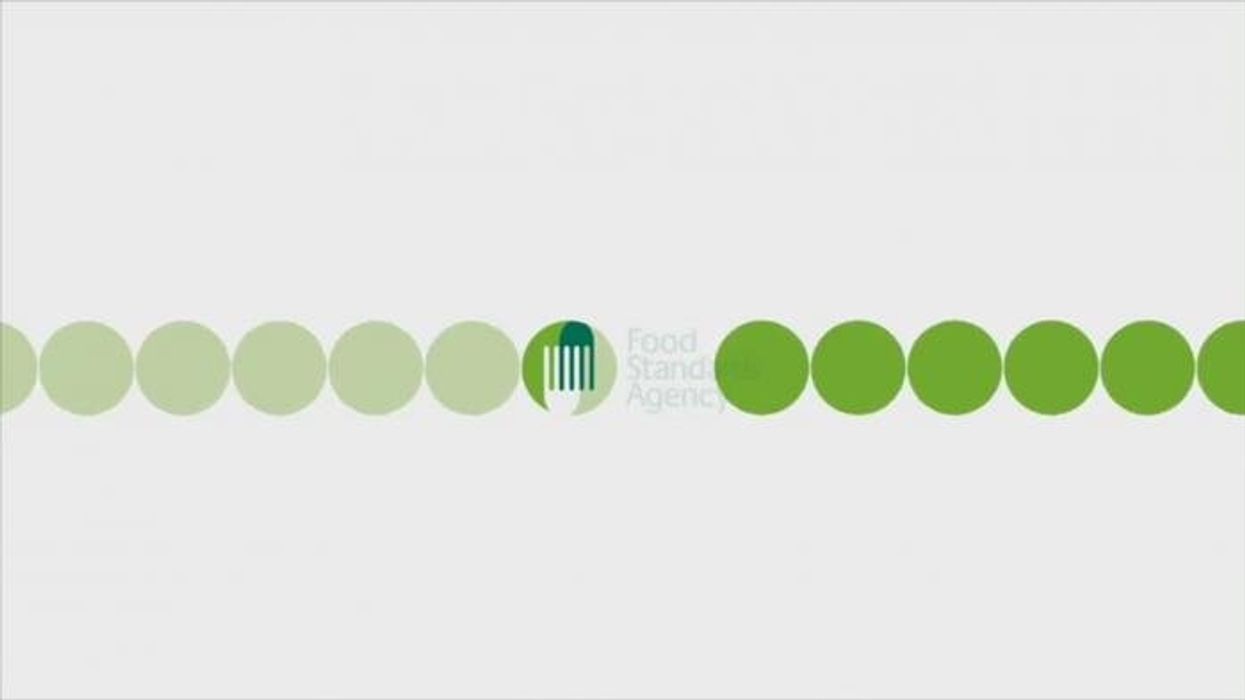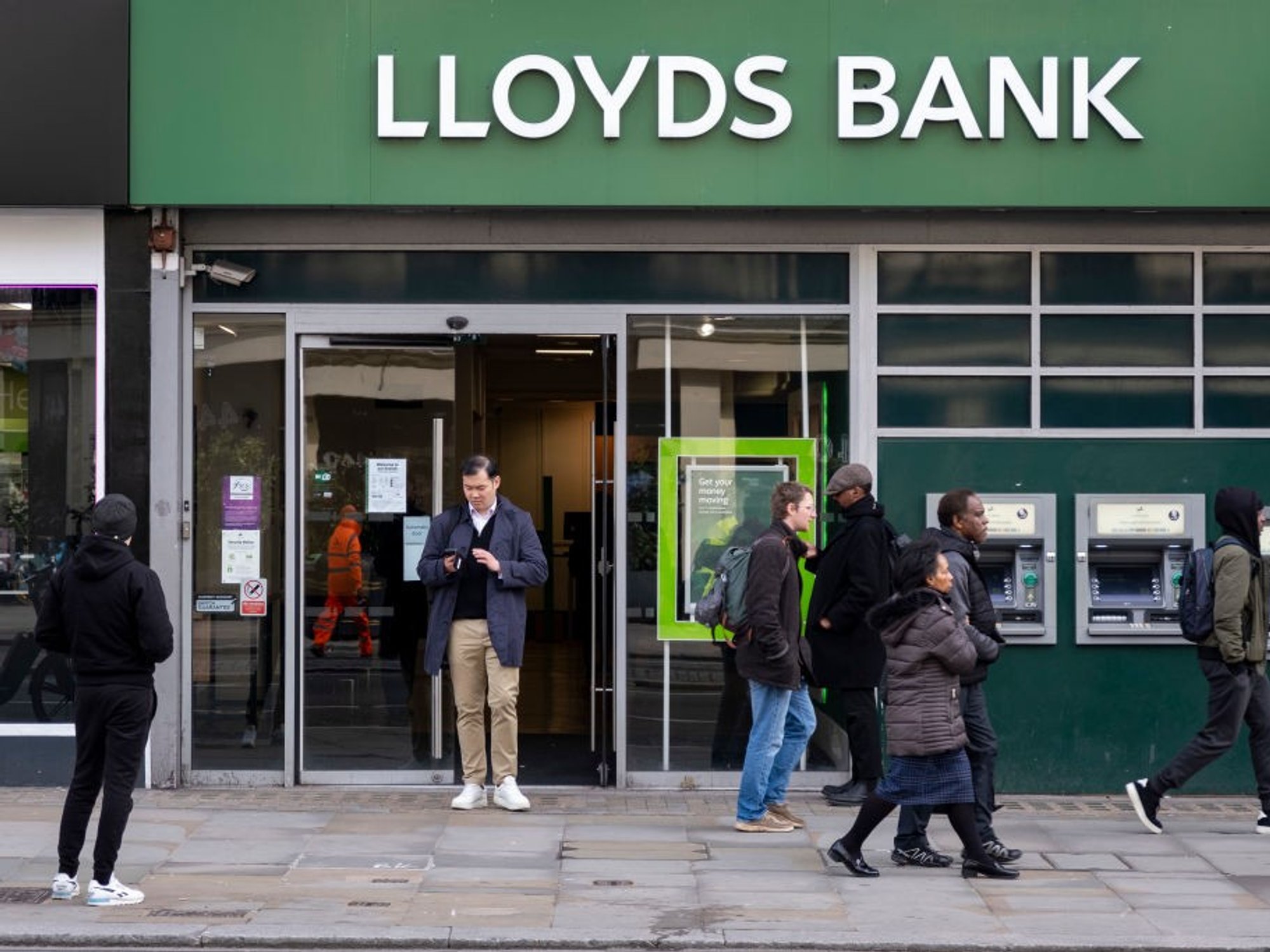Tesco shoppers warned as supermarket releases allergy alert – 'Do not eat it!'

Before dining out, Britons should check the food hygiene rating for their chosen restaurant
|FOOD STANDARDS AGENCY

Shoppers have been prompted to check their kitchens following a new food recall
Don't Miss
Most Read
Tesco has pulled its Free From Breadcrumbs from shelves after discovering undeclared wheat (gluten) in the product.
The item poses a danger to those who have gluten intolerance, coeliac disease, or a wheat allergy.
The recall is particularly concerning because the Free From range is specifically marketed to people with dietary restrictions.
Consequently, shoppers who have purchased the breadcrumbs and cannot eat gluten have been told: "Do not eat it."
TRENDING
Stories
Videos
Your Say
Instead, they should return the product to any Tesco store for a full refund, with or without a receipt.
The recalled product comes in 170g packs, with Tesco confirming all dates and batch codes have been impacted.
To ensure the safety of shoppers, Tesco has notified allergy support organisations about the issue.
These groups will spread the word to their members to ensure everyone who might be affected knows about the recall.

Tesco Free From Breadcrumbs have been recalled due to undeclared wheat (gluten)
|TESCO
Customers with questions or concerns can reach Tesco's customer service team at tesco.com/help/contact.
While coeliac disease and gluten intolerance are both gluten sensitivities, they are very different medical conditions. Bupa explains what each means for sufferers.
LATEST FOOD NEWS:

Shoppers should return the product to Tesco for a full refund
| GETTYCoeliac disease
"Coeliac disease is an autoimmune disease where your immune system attacks your body when you eat gluten," according to the health insurance provider.
"Symptoms may include diarrhoea, tummy cramps, bloating, and flatulence (passing excess wind), weight loss, and fatigue.
"Those who have coeliac disease must follow a gluten-free diet."
Gluten intolerance
"Gluten intolerance is when your body reacts badly to gluten.
"Gluten intolerance symptoms are similar to those of irritable bowel syndrome (IBS) and coeliac disease.
"Those who are gluten intolerant should follow a gluten-free diet to avoid symptoms, but small amounts of gluten may be tolerated."
Wheat allergy
A wheat allergy may also cause adverse reactions. According to Allergy UK, an IgE-mediated (immediate allergy) is most common in children, although adults can also develop it.
Symptoms of an IgE-mediated wheat allergy can occur from within minutes to up to two hours after ingestion.
These include rhinitis, asthma, hives (urticaria), swelling (angio-oedema), vomiting, diarrhoea, abdominal pain, and a flare-up of eczema.
The most serious type of allergic reaction is anaphylaxis, which should always be treated as a medical emergency.
About allergy alerts
The FSA explained: "Sometimes there will be a problem with a food product that means it should not be sold.
"Then it might be 'withdrawn' (taken off the shelves) or 'recalled' (when customers are asked to return the product).
"Sometimes foods have to be withdrawn or recalled if there is a risk to consumers because the allergy labelling is missing or incorrect, or if there is any other food allergy risk.
"When there is a food allergy risk, the FSA will issue an Allergy Alert."
Our Standards: The GB News Editorial Charter










